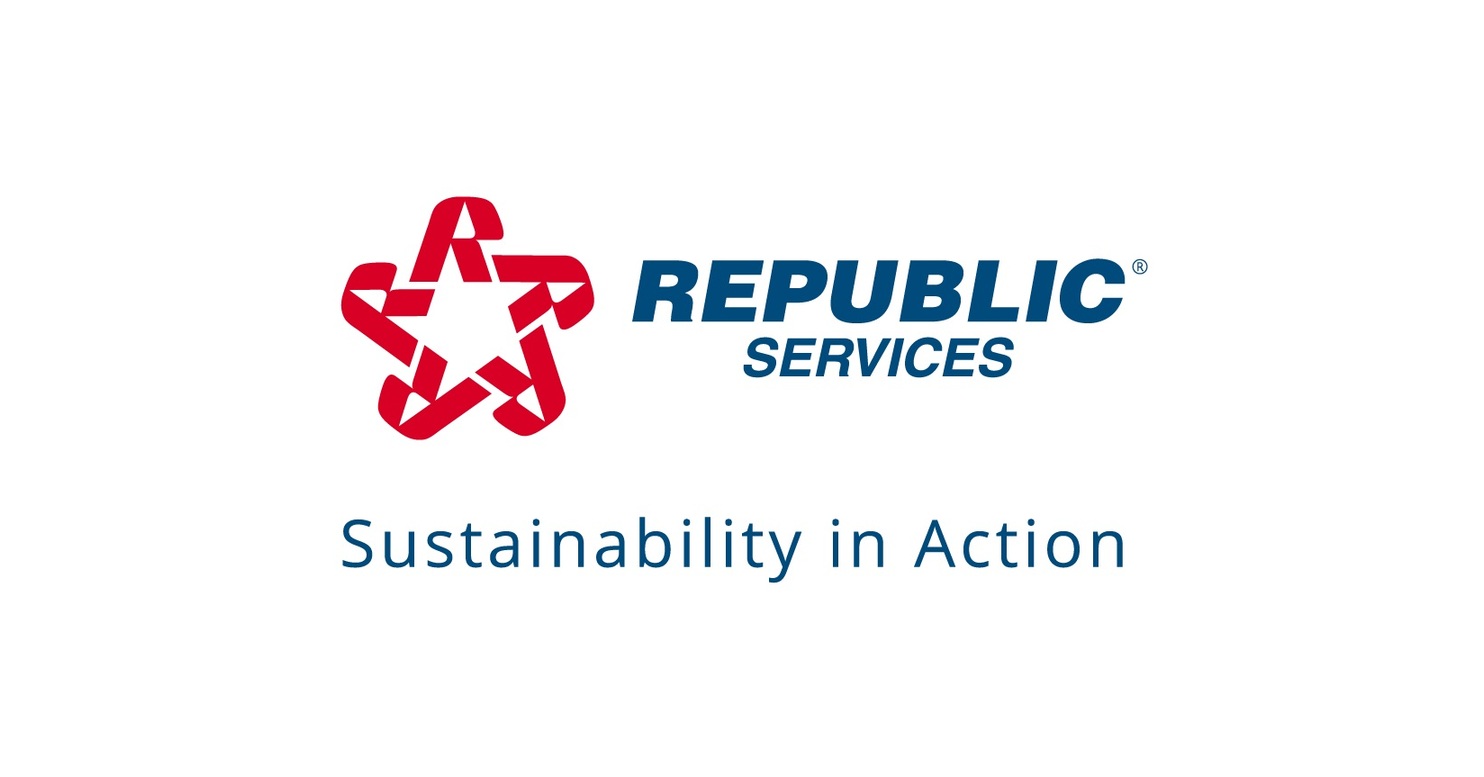As the world grapples with the challenges of climate change, waste management has become a critical aspect of our daily lives. The production of waste is an inevitable byproduct of human activity, and it is estimated that the average American generates about 4.4 pounds of trash per day. However, with the increasing awareness of the importance of sustainability, many companies are now taking steps to reduce their environmental footprint. One such company is Republic Services, a leading provider of environmental services, including waste collection, recycling, and composting.

In this article, we will delve into the world of Republic Services’ compost facility, exploring its operations, benefits, and impact on the environment. We will also examine the company’s commitment to sustainability and its efforts to reduce waste and promote recycling.
What is Composting?
Composting is the process of breaking down organic materials, such as food waste, yard trimmings, and other plant-based materials, into a nutrient-rich soil amendment. This natural process occurs when microorganisms, such as bacteria and fungi, feed on the organic matter, releasing heat, carbon dioxide, and water vapor as byproducts. The resulting compost is a valuable resource that can be used to improve soil fertility, reduce the need for synthetic fertilizers, and support plant growth.
Republic Services Compost Facility
Republic Services operates a state-of-the-art compost facility that processes organic waste from households, businesses, and institutions. The facility uses a combination of aerated static pile composting and vermicomposting (worm composting) to break down the organic materials. The composting process typically takes several weeks to several months, depending on factors such as temperature, moisture, and carbon-to-nitrogen ratios.
The Republic Services compost facility is designed to handle a wide range of organic materials, including:
- Food waste: fruit and vegetable scraps, bread, grains, and other plant-based foods
- Yard trimmings: leaves, grass clippings, branches, and other plant materials
- Paper products: paper towels, cardboard, and other cellulose-based materials
- Wood waste: wood chips, sawdust, and other woody materials
Benefits of Composting
Composting offers numerous benefits for the environment, including:
- Reduced greenhouse gas emissions: Composting helps to reduce the amount of methane produced in landfills, which is a potent greenhouse gas.
- Conservation of natural resources: Compost can reduce the need for synthetic fertilizers, which are often produced from non-renewable resources.
- Improved soil fertility: Compost adds nutrients and organic matter to the soil, improving its structure and fertility.
- Reduced waste: Composting helps to divert organic materials from landfills, reducing the amount of waste sent to these facilities.
Republic Services’ Commitment to Sustainability
Republic Services is committed to reducing its environmental footprint and promoting sustainability in its operations. The company has set ambitious goals to reduce its greenhouse gas emissions, conserve natural resources, and promote recycling and composting.
Some of the company’s sustainability initiatives include:
- Zero Waste-to-Landfill: Republic Services aims to divert 100% of its waste from landfills by 2030.
- Renewable Energy: The company is investing in renewable energy sources, such as solar and wind power, to reduce its dependence on fossil fuels.
- Electric Vehicle Fleet: Republic Services is transitioning its fleet to electric vehicles, which will reduce greenhouse gas emissions and improve air quality.
Frequently Asked Questions (FAQs)
- What types of materials can be composted?
- Organic materials, such as food waste, yard trimmings, paper products, and wood waste, can be composted.
- How long does the composting process take?
- The composting process can take several weeks to several months, depending on factors such as temperature, moisture, and carbon-to-nitrogen ratios.
- What are the benefits of composting?
- Composting offers numerous benefits, including reduced greenhouse gas emissions, conservation of natural resources, improved soil fertility, and reduced waste.
- How can I get involved in composting?
- You can get involved in composting by participating in curbside composting programs, starting a backyard compost pile, or volunteering at a local composting facility.
- What is Republic Services’ commitment to sustainability?
- Republic Services is committed to reducing its environmental footprint and promoting sustainability in its operations, with goals to divert 100% of its waste from landfills by 2030 and invest in renewable energy sources.
Conclusion
The Republic Services compost facility is a shining example of the company’s commitment to sustainability and reducing its environmental footprint. By processing organic waste and producing a nutrient-rich compost, the facility helps to reduce greenhouse gas emissions, conserve natural resources, and improve soil fertility.
As we move forward in the face of climate change, it is essential that we prioritize sustainability and take steps to reduce our waste and promote recycling and composting. Republic Services is leading the way in this effort, and its compost facility is a valuable resource for the community.
By supporting companies like Republic Services and participating in composting programs, we can all play a role in reducing waste and promoting sustainability. Together, we can create a more sustainable future for ourselves and future generations.
Closure
Thus, we hope this article has provided valuable insights into Republic Services Compost Facility: A Beacon of Sustainability. We appreciate your attention to our article. See you in our next article!